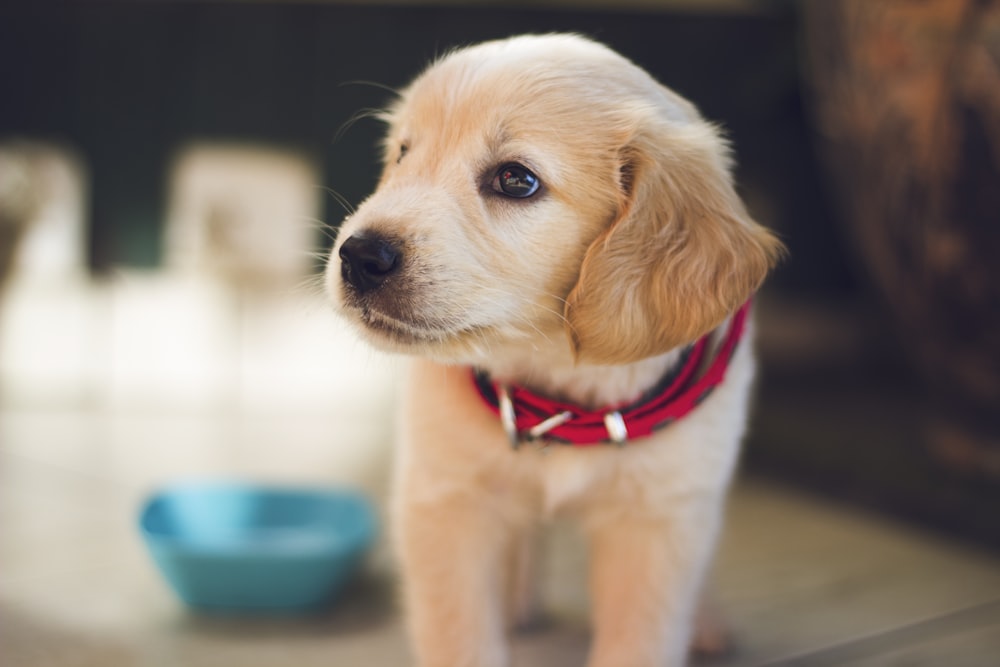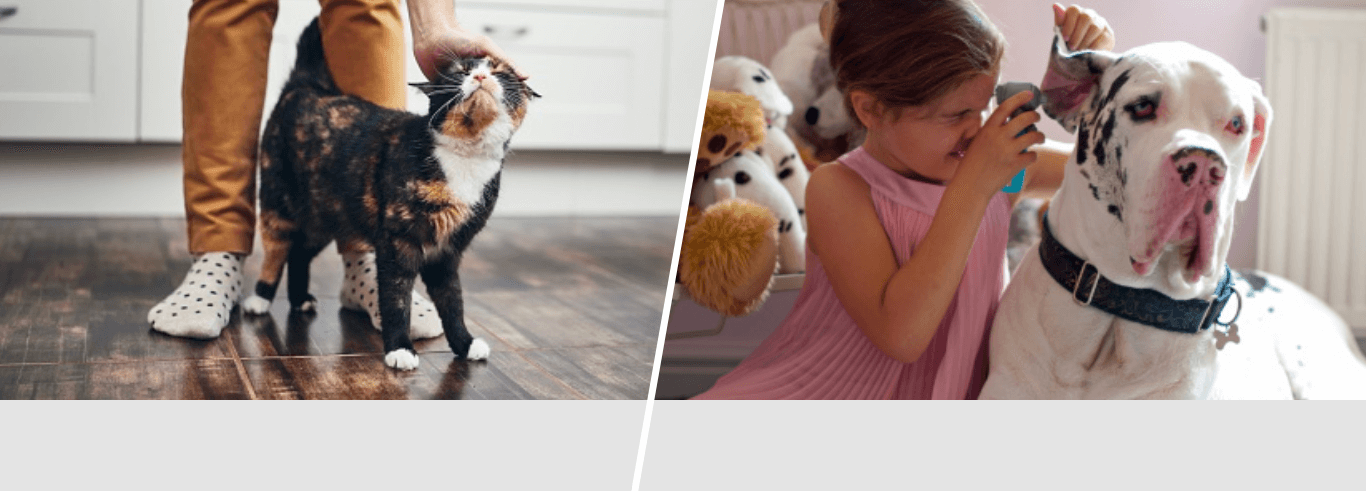The ultimate guide to getting a puppy
Adding a new member to your family by getting a puppy, while exciting, is no small decision. Puppies are undoubtedly cute, but they require a serious amount of time and commitment to keep them happy and healthy.
Getting a puppy is a life-changing decision that should never be made on impulse. Have you sat down to consider the implications this will have on your life both emotionally and financially? If the answer is yes, and you’re prepared for the responsibilities, then read on to find out our top puppy care tips for your first pooch.
What to look for when buying a puppy
When buying a puppy, it’s important to first consider what breed best suits your lifestyle. If you live in a flat without a garden, you may be better off with a smaller breed. Hypoallergenic dogs that don’t shed are best for those with allergies. Plus, if you have small children, that’s also something to take into consideration.
Different breeds have different temperaments, for example, a Bichon Frise or a Labrador both have calm temperaments suitable for families with small children. They also typically get along with other animals. However, a Bichon Frise is much smaller, doesn’t shed and requires less exercise and less space in your home.
Once you’ve done the necessary research for what dog fits your lifestyle best, it’s important to find a responsible breeder. Don’t be afraid to ask questions such as “how many litters has the mum had?” or “has the puppy had any vaccinations yet”. A good breeder will be happy to answer any questions you may have.

What do I need for a puppy?
Caring for a puppy is exciting, but there are several things you need to think about and have ready before you bring one into your home, such as:
- Bedding
- Toys
- Vet care
- Grooming
A comfortable bed
The first thing you need when caring for a puppy is a suitable environment. Does your pet have a comfortable bed and place to rest? It should be somewhere separate from where they play so they know that, when you do send them to bed, it’s strictly for sleeping.
Plenty of toys
As a puppy, your pooch will likely have an almost unlimited amount of energy. It’s important to have enough space so that they can get their daily exercise. If they choose to play in the garden, make sure it’s an enclosed area safe from any choking hazards or escape routes.
Whether you’re spending time indoors or out in the fresh air, providing your pooch with an assortment of toys makes sure that they don’t get bored during playtime.
Plus, if you tire them out before bedtime, they’ll likely sleep deeper and longer which will help you get some much-needed rest too.
A vet nearby
As talented as our four-legged friends may be, they cannot speak and tell us when something is bothering them. Signing up your new puppy to a local vet is an important step in making sure they’re well cared for.
Your vet can also help give puppy advice specific to you, like determining the best dog food for your new companion.
A grooming schedule
If you’re choosing to groom your pet on your own, it’s important to buy suitable grooming tools. A top tip in finding the best shampoo for your pooch is to make sure you pick one that doesn’t irritate their skin or dry them out. Check the back of the shampoo bottle to see if it’s suitable for dogs as human shampoos are too harsh for their skin.
Provided you’re not using any medicated products on your puppy, they should be okay using a gentle doggy shampoo. However, if you’re unsure of what’s best, your vet can always help make a recommendation.
When can a puppy go outside in the garden?
Puppies are typically vaccinated between eight and ten weeks of age, although they can be vaccinated as early as four to six weeks old. Two to four weeks after their initial vaccination they can receive their second dose.
You should wait at least two weeks after their second dose of vaccinations to let your puppy outdoors. Start small by letting them explore an enclosed space like a garden that you’ve previously checked for potential hazards.

When can you take a puppy out for a walk?
Once you’ve let your puppy get acclimated to the outdoors, you can start going on bigger adventures. You can usually start doing this at around ten to fourteen weeks old.
Make sure you’re taking all safety precautions when walking your dog, especially by the roadside. Ensure they are firmly secured on a reliable lead. Puppies tend to get burn energy quite easily, so bringing water and treats on your trek is also recommended.
When can puppies meet other dogs?
Your puppy should be socialised as often as possible in their first eight to sixteen weeks of life. This means putting them into unfamiliar situations and introducing them to new people so they learn not to be afraid of things. However, until your puppy is up to date on all their vaccinations, they shouldn’t be introduced to other dogs.
When your puppy is finally ready to meet other dogs, start by introducing them to “safe” dogs. These are ones that have calm temperaments and are up to date on their vaccinations.
Socialising your puppy is important. A lack of interaction with other dogs often results in aggression when they interact later in life. If you don’t know any other dogs, you can try enrolling your pooch into a training programme to set good habits and let them meet other puppies.
Adding a new member to your family requires an adjustment period; provide your puppy with a loving home and the tools they need to live a healthy and happy life, and you’ll both find you’ve adapted to your new life in no time at all.
Getting a new puppy is an exciting time, but it’s important to protect your new dog with Argos Pet Insurance provided by Pinnacle Insurance Ltd. Explore our dog insurance policies today.
 Sorry, our lines are now closed
Sorry, our lines are now closed



